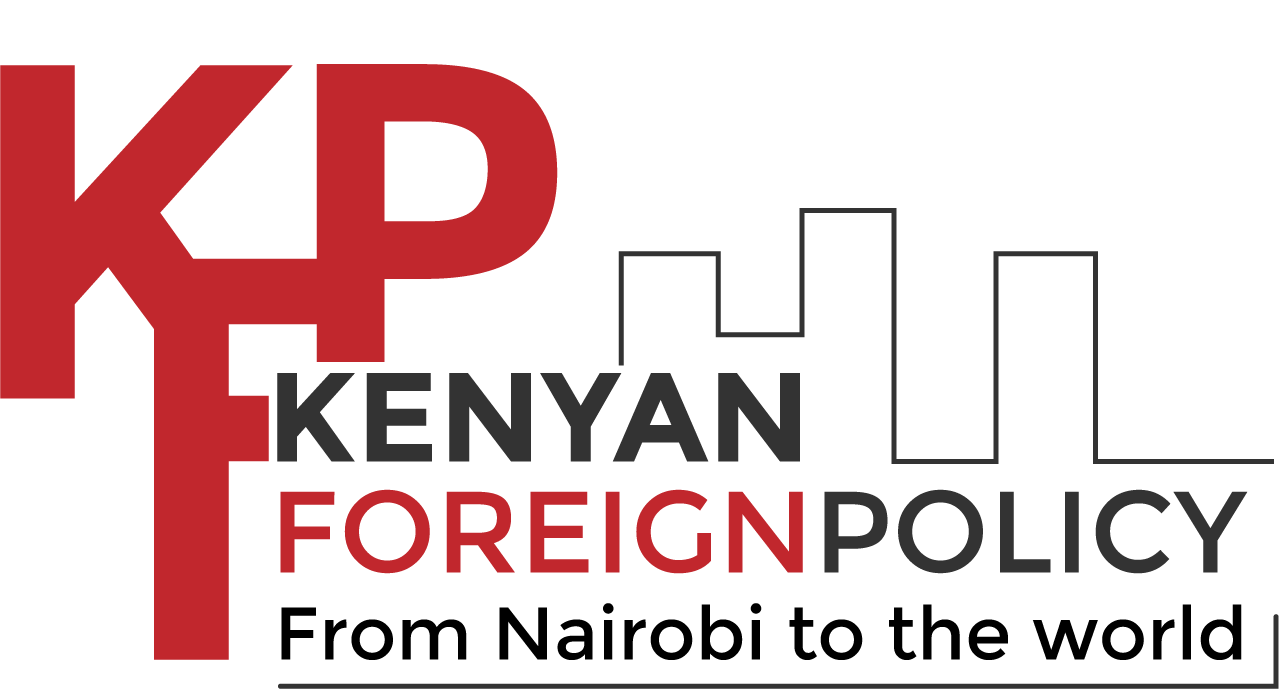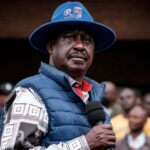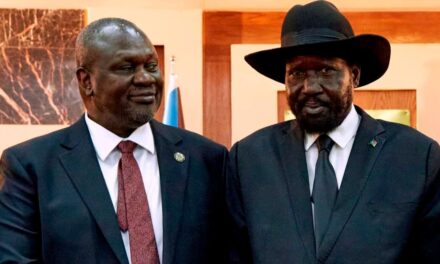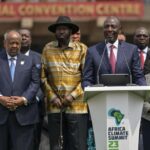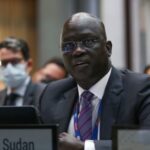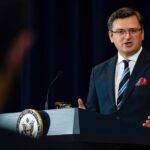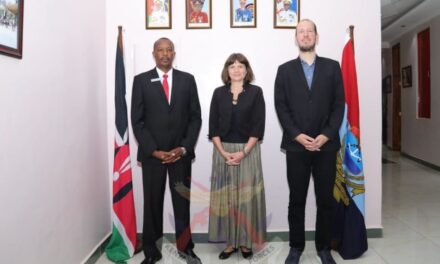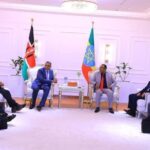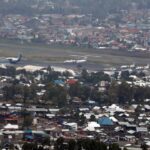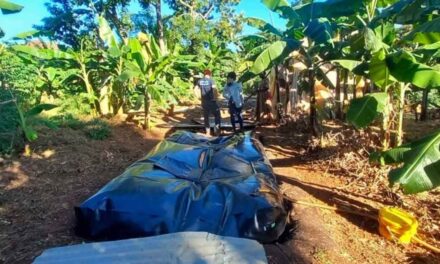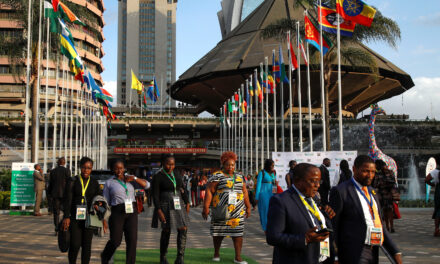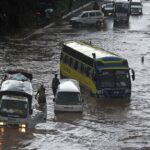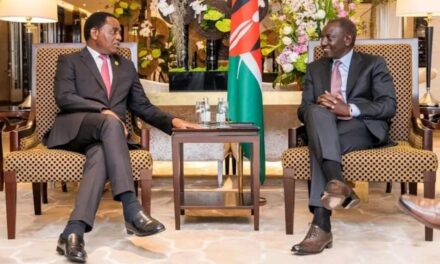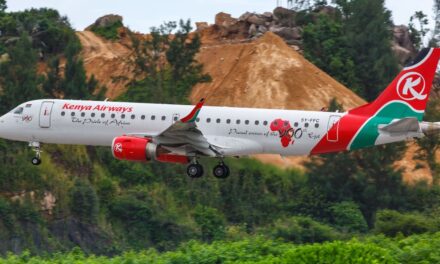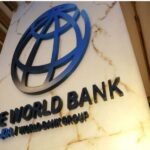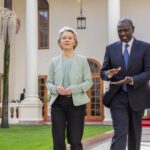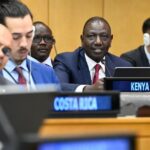

Ruto in Addis for End Hunger Conference, to Lobby for Raila
| November 7, 2024

President Ruto is expected to use this platform not only to champion food security efforts but also to build support for Raila Odinga’s bid for a key position within the African Union Commission. Photo: Handout
Kenyan President William Ruto arrived in Addis Ababa on Wednesday evening, making a stop after his meeting with South Sudanese President Salva Kiir in Juba.
In Addis, Ruto will join other leaders and officials at a high-level conference focused on achieving “zero hunger,” where efforts to eradicate hunger across Africa and the world will be front and center.
The event, titled the World Without Hunger Conference, is organized by the United Nations Industrial Development Organization (UNIDO), the African Union Commission, and the Ethiopian government, aiming to drive investments in resilience, economic growth, and self-reliance to tackle hunger.
The three-day gathering brings together top decision-makers, UN representatives, private sector leaders, financial institutions, donors, and experts.
In his address, African Union Commission Chairperson Moussa Faki Mahamat emphasized that ending hunger is a critical goal, especially for Africa, where hunger remains a daunting challenge.
Reflecting on the continent’s unfulfilled 2014 Malabo Declaration goal to end hunger by 2025, Faki acknowledged, “One year before the [Malabo Declaration] timeframe, Africa is not on track to end hunger, and we are, unfortunately, far from the target.”
Highlighting Africa’s potential, Faki noted the continent’s rich arable land, youthful population, and vast freshwater reserves, yet stressed the ongoing reality of food insecurity.
Citing recent statistics, he stated that over 280 million Africans, around 20 percent of the population, are food insecure, while 850 million cannot afford a healthy diet.
“It is unacceptable. In fact, it is a crying shame that with all these resources, Africa still cannot feed herself, and this has to be changed,” he added, expressing hope that the conference would yield actionable solutions to confront the root causes of hunger in Africa.
UNIDO Director-General Gerd Muller echoed this urgency, linking hunger to poverty and global wealth imbalances.
He highlighted Africa’s vast potential, pointing out that it holds 60 percent of the world’s available arable land and is home to six of the fastest-growing economies.
“Africa could be the first continent to power itself through renewable energies,” Muller said.
However, he warned that productivity levels remain too low, with many African nations increasingly relying on food imports.
He urged investments in productivity, mechanization, irrigation, storage, and infrastructure, while emphasizing the need for peace, good governance, and measures to tackle corruption to secure Africa’s food future.
Ethiopian Prime Minister Abiy Ahmed highlighted the urgency of collaborative solutions to eradicate hunger.
He pointed to recent global challenges—climate change, natural disasters, the COVID-19 pandemic, and rising conflicts—as obstacles that have only amplified the need for resilience and food security.
“Ending world hunger is about more than just increasing productivity. It requires us to tackle systemic issues, such as poverty, inequality, and climate resilience in a holistic manner,” said Ahmed.
The conference comes amid a recent UN report indicating that around 733 million people globally, or one in 11, faced hunger in 2023—one in five of them in Africa.
With a looming shortfall in meeting the UN’s Sustainable Development Goal of zero hunger by 2030, African leaders face a critical moment for action.
President Ruto is expected to use this platform not only to champion food security efforts but also to build support for Raila Odinga’s bid for a key position within the African Union Commission.
Your support empowers us to deliver quality global journalism. Whether big or small, every contribution is valuable to our mission and readers.
